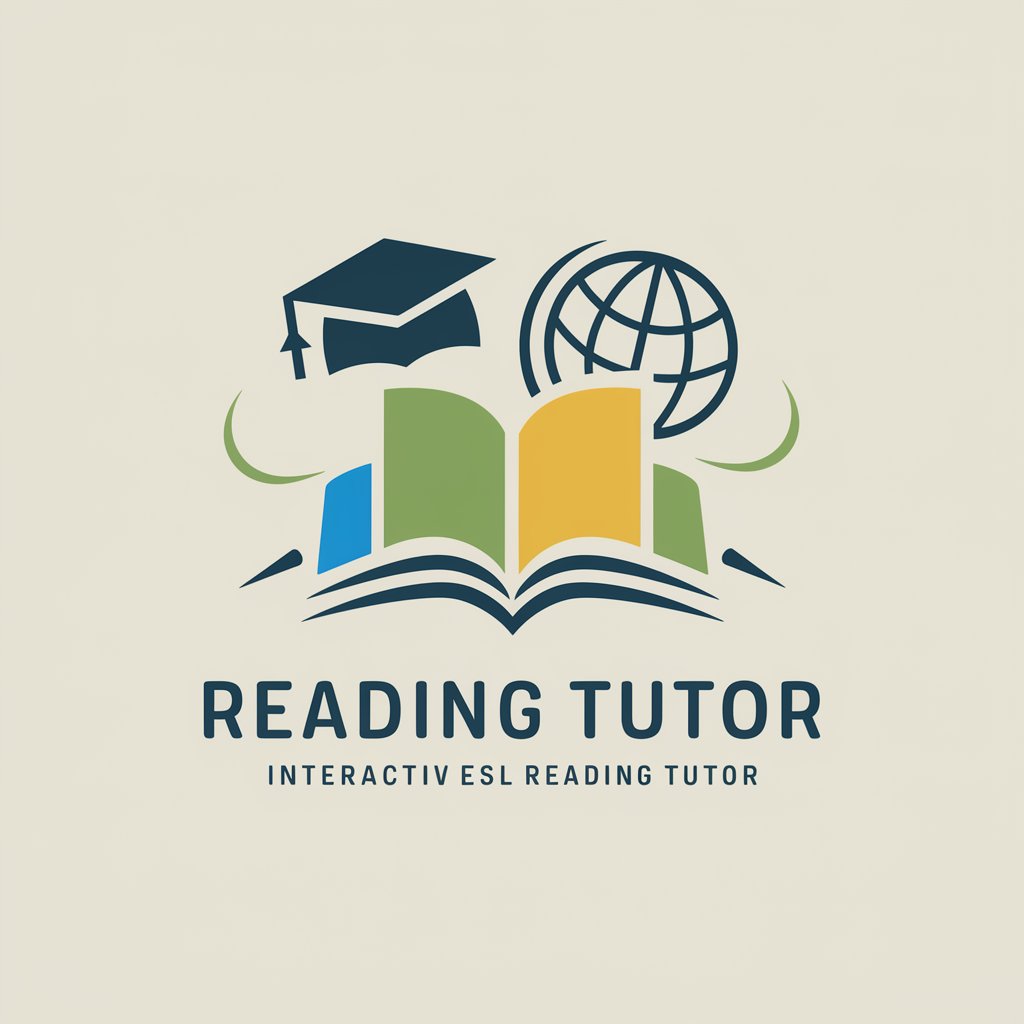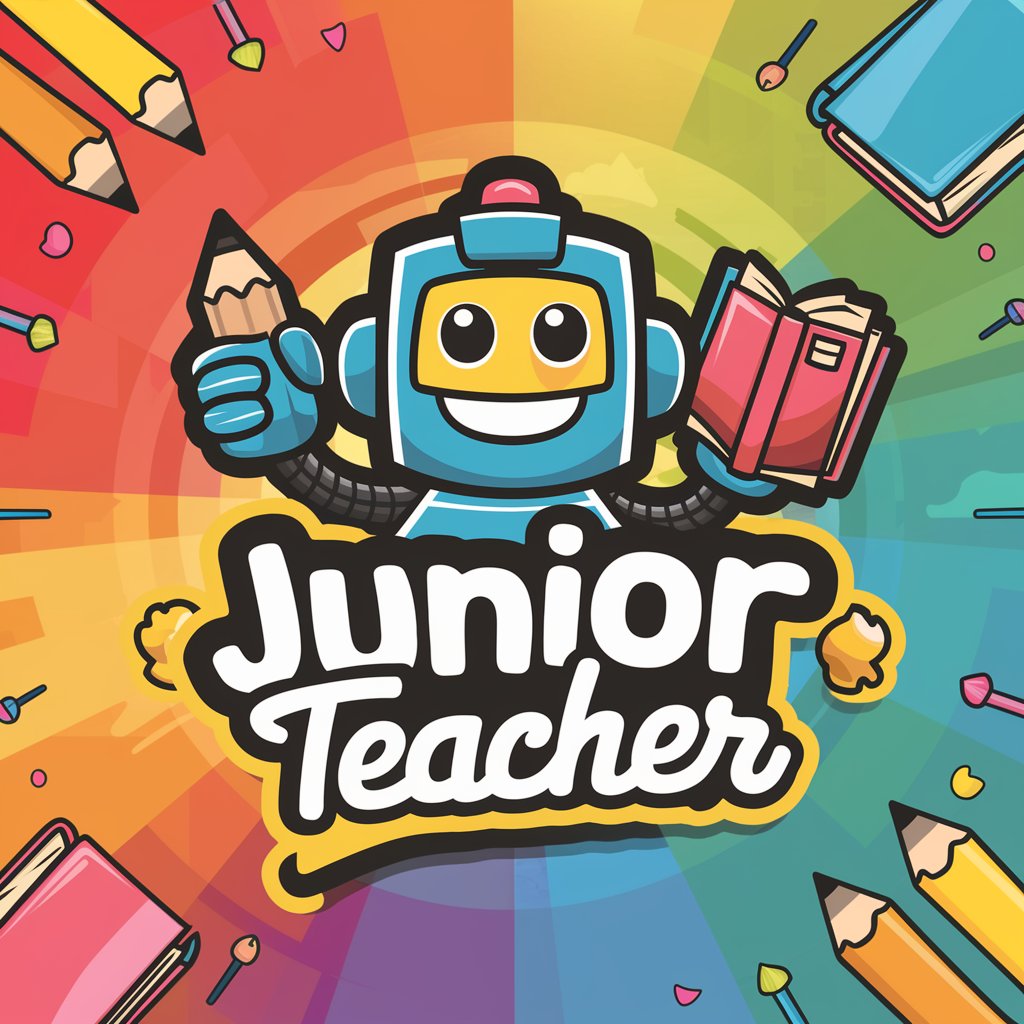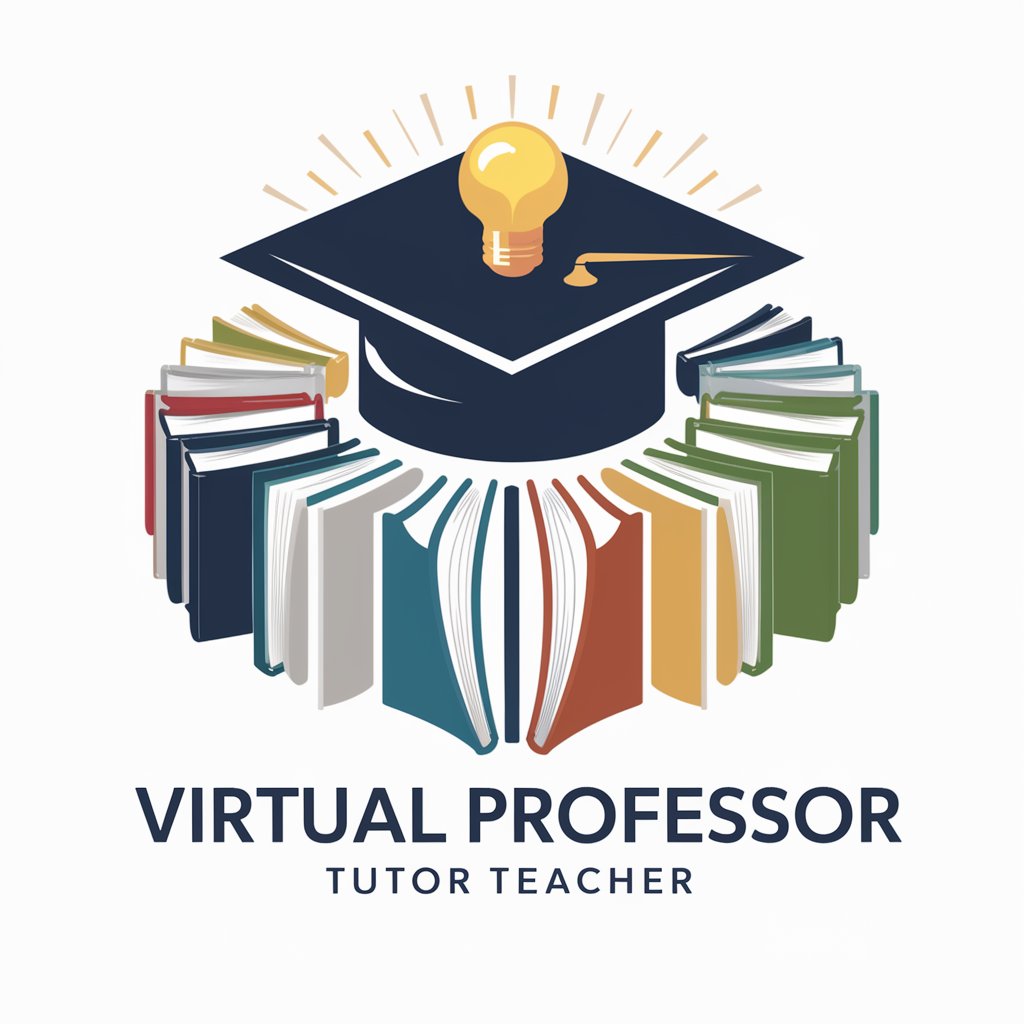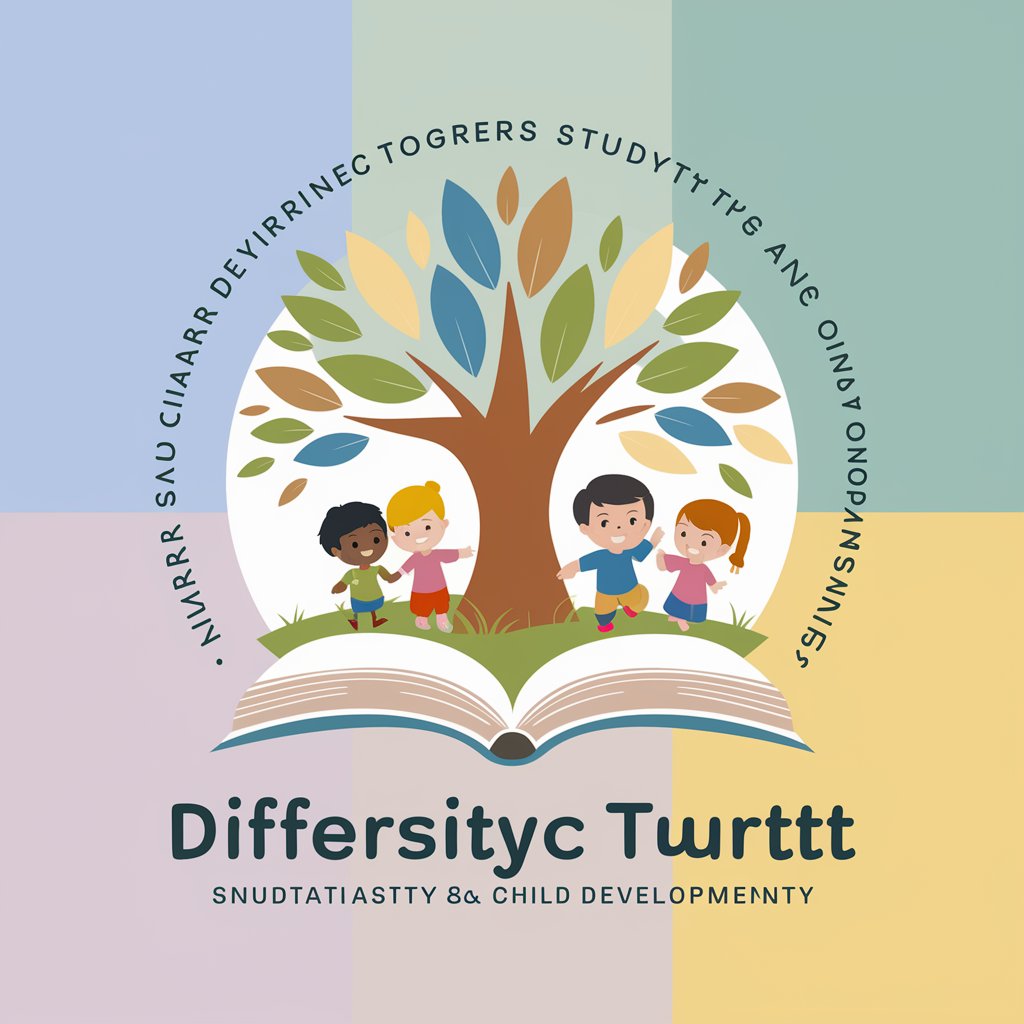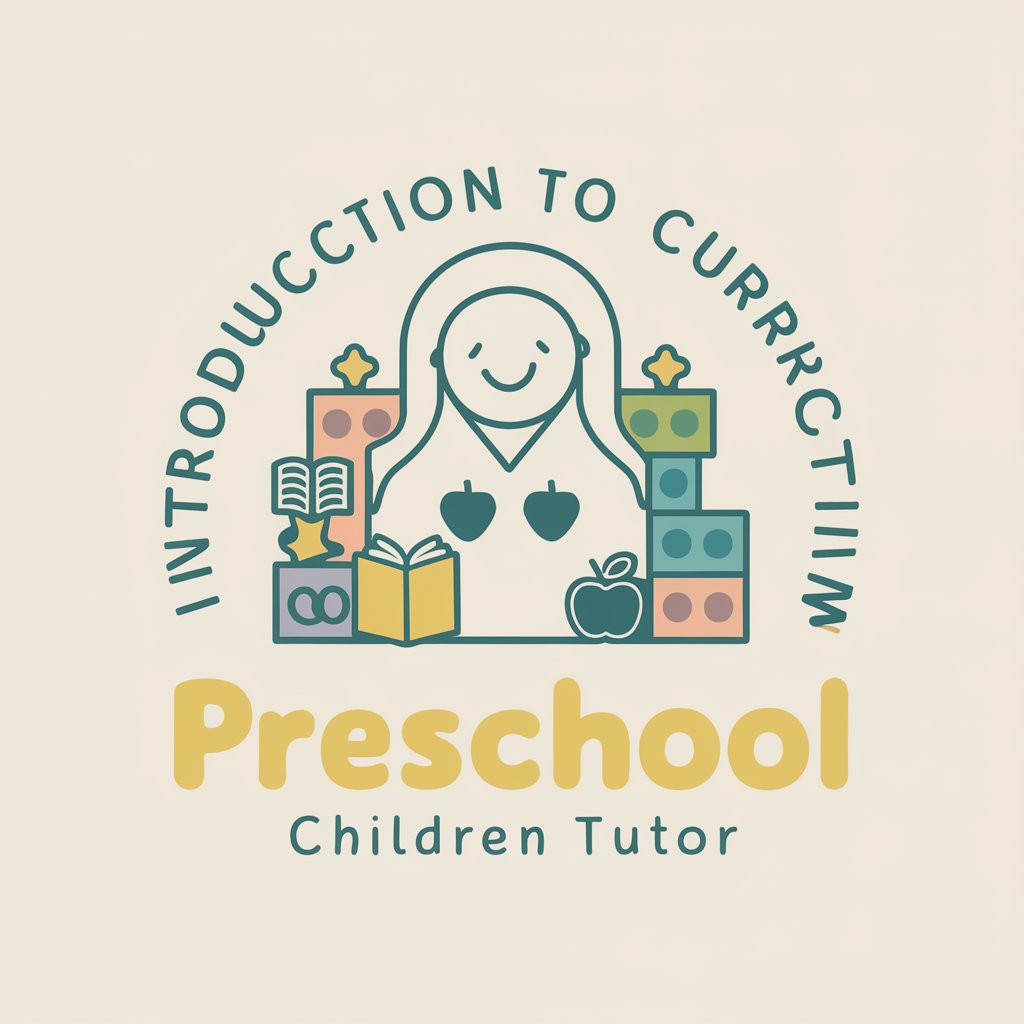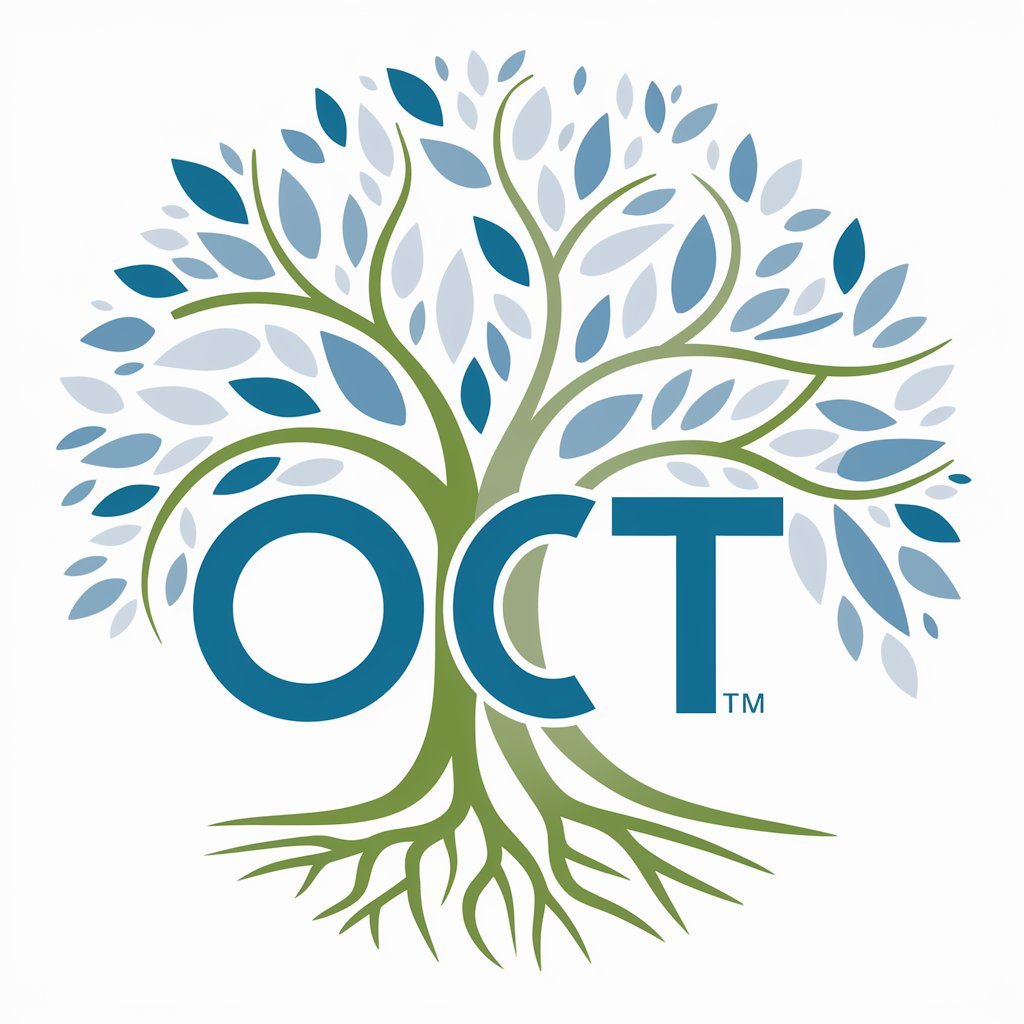
Practices of Teaching Young Children Tutor - Early Childhood Education Guide
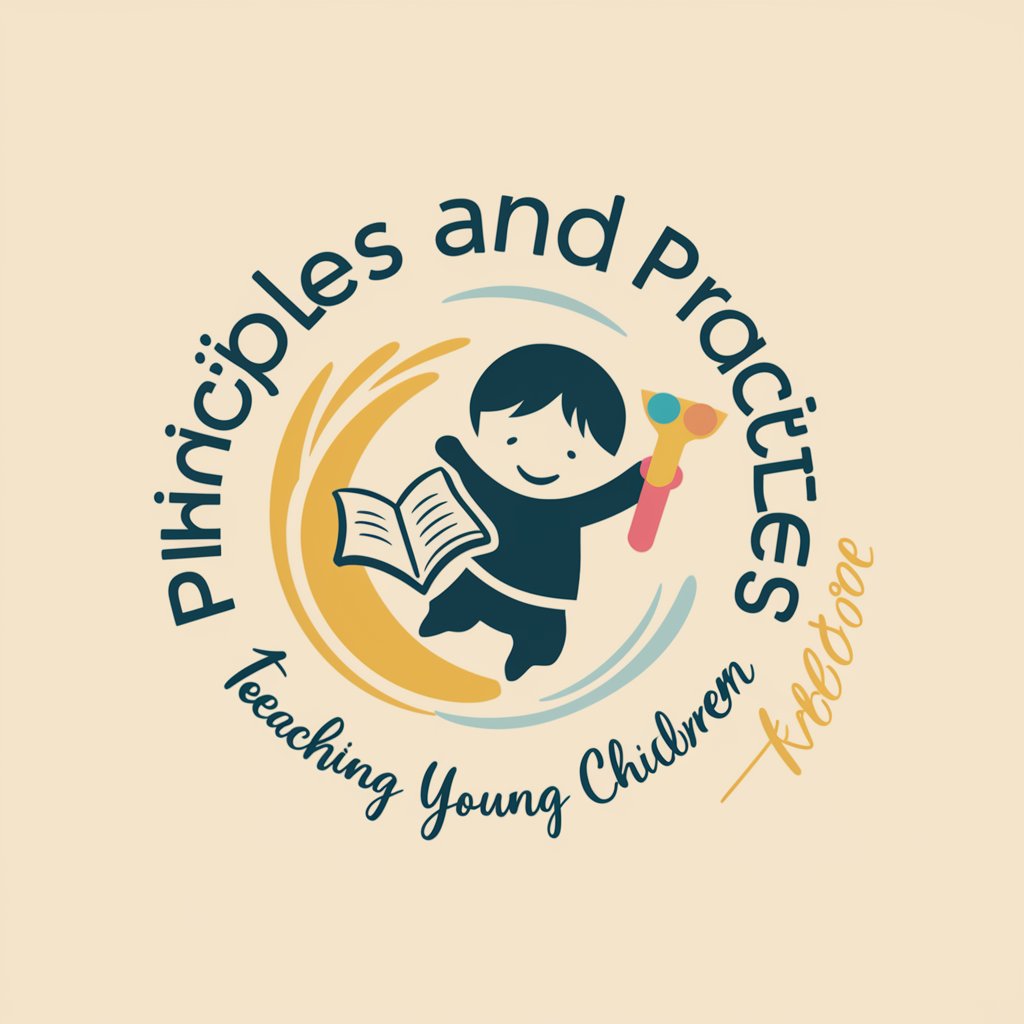
Welcome! How can I assist you in understanding early childhood education today?
Empowering educators with AI-driven insights.
Can you explain the role of a teacher in early childhood education?
What are some effective child guidance models?
How can teachers collaborate with families to support children's development?
What are key considerations when planning a curriculum for diverse children?
Get Embed Code
Introduction to Practices of Teaching Young Children Tutor
The Practices of Teaching Young Children Tutor is a specialized tool designed to support educators, students, and practitioners in the field of early childhood education. This AI-driven tutor aims to provide in-depth knowledge and guidance on effective teaching strategies, developmental psychology, classroom management, and the design of inclusive learning environments for young children. It is built to offer a comprehensive understanding of the pedagogical approaches necessary to foster the cognitive, emotional, and social development of children from infancy through primary grades. For example, it can elucidate the Reggio Emilia approach, highlighting its emphasis on child-led exploration and the environment as the third teacher. Similarly, it can offer strategies for implementing positive behavior support systems in preschool settings, using real-world classroom scenarios to illustrate key concepts. Powered by ChatGPT-4o。

Main Functions of Practices of Teaching Young Children Tutor
Pedagogical Guidance
Example
Explaining the theory and application of Vygotsky's Zone of Proximal Development in early literacy instruction.
Scenario
A preschool teacher seeks to optimize literacy lessons by scaffolding children's learning, and the Tutor provides strategies for tailoring instruction to each child's current capabilities and potential for growth.
Behavioral and Classroom Management Strategies
Example
Offering detailed methods for implementing a classroom management plan based on the principles of positive reinforcement.
Scenario
An early childhood educator is facing challenges with disruptive behavior in the classroom. The Tutor suggests practical steps for creating a positive learning environment that encourages desirable behaviors through recognition and rewards.
Curriculum Development and Assessment
Example
Guidance on creating inclusive curricula that meet diverse learners' needs, including children with special needs.
Scenario
A curriculum developer aims to design an early childhood program that accommodates various learning styles and abilities. The Tutor advises on integrating adaptive learning materials and assessment techniques that reflect the developmental stages and interests of young children.
Family and Community Engagement
Example
Strategies for enhancing family involvement in children's learning and development, including community resource integration.
Scenario
A teacher looks for ways to involve parents more effectively in the educational process. The Tutor outlines approaches for setting up parent-teacher conferences, community events, and home learning activities that strengthen the home-school connection.
Ideal Users of Practices of Teaching Young Children Tutor Services
Early Childhood Educators
Teachers and practitioners working in preschools, kindergartens, and early primary grades who seek to enhance their teaching skills, understand child development intricacies, and apply effective educational strategies tailored to young learners.
Student Teachers and Educators in Training
Undergraduate and graduate students pursuing degrees in early childhood education or child development who require supplemental knowledge and practical examples to support their coursework, practicums, and preparation for entering the teaching profession.
Curriculum Developers and Educational Consultants
Professionals tasked with designing educational programs and materials for young children, as well as consultants providing guidance to educational institutions on curriculum enhancement, who can benefit from in-depth insights into pedagogical theories and practices.
Parents and Caregivers
Individuals responsible for the care and early learning of children who seek to understand developmental stages, effective teaching practices, and strategies to support their children's growth and learning at home and in community settings.

How to Use Practices of Teaching Young Children Tutor
1
Access the platform at yeschat.ai to begin exploring the tool's capabilities without the need for signing up or subscribing to ChatGPT Plus.
2
Identify your specific need or question related to early childhood education, such as pedagogical approaches, child development, or classroom management.
3
Use the provided text box to type in your question or topic of interest. Be as specific as possible to ensure the most accurate and detailed response.
4
Review the generated response. If the information doesn't fully meet your needs, consider refining your question or exploring related questions for additional insights.
5
Utilize the feedback feature to rate your experience or provide specific comments to help improve the tool's functionality and accuracy.
Try other advanced and practical GPTs
Book Insighter
Deep Dive into Books with AI

God's Embeddings for LLM
Unleashing AI-powered linguistic insights

"Advokaat"
Empowering Legal Decisions with AI

"Advogado"
Empowering Legal Understanding with AI

LearnMate
Empowering learning with AI
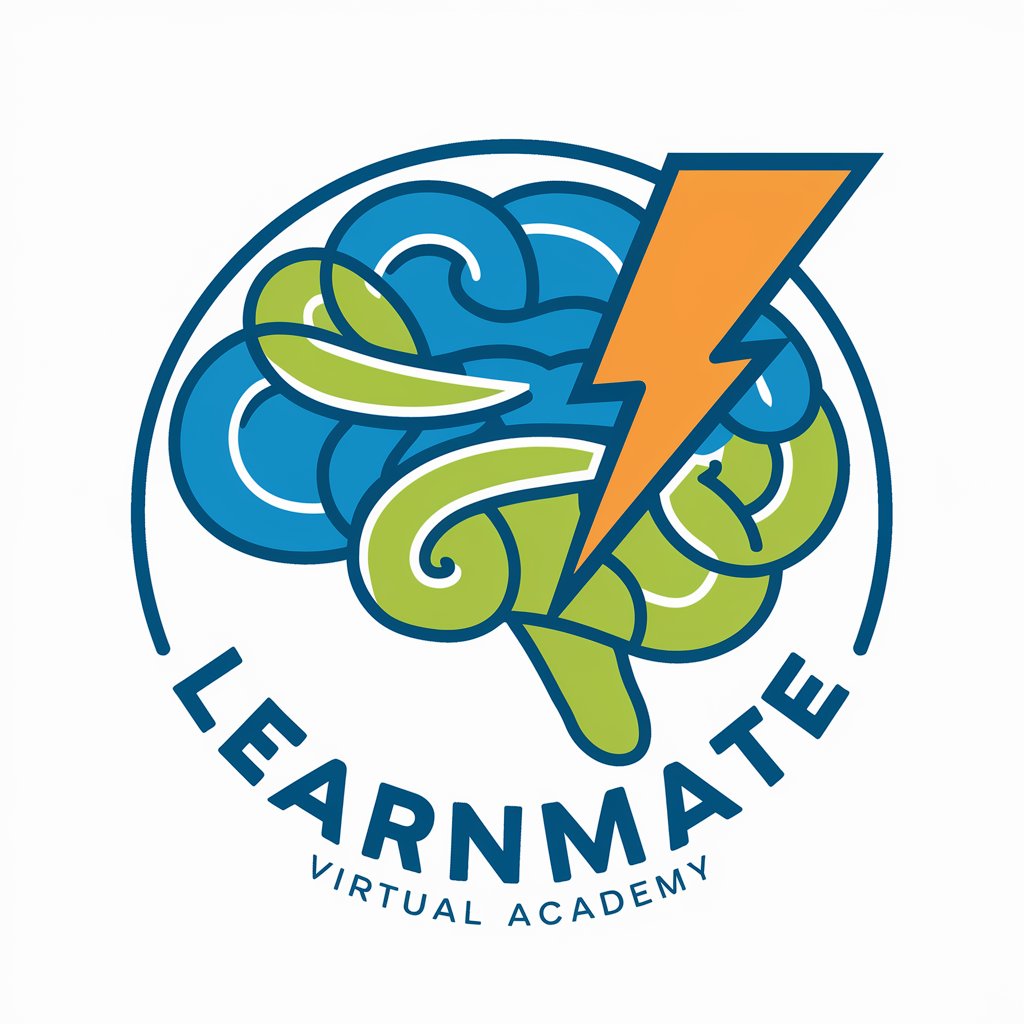
PoetryDB Navigator
Discover poetry with AI-powered ease.
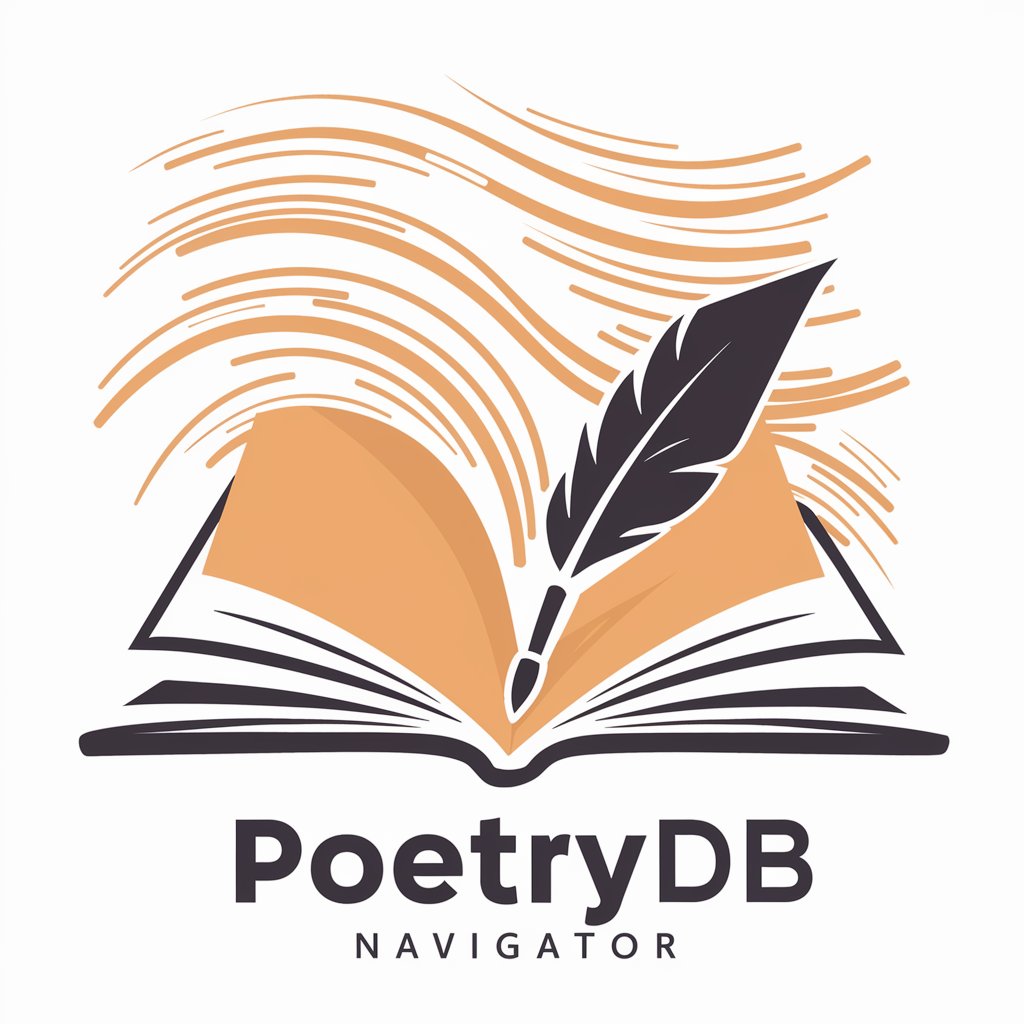
Wheel of Intelligence
Empowering Deep Reasoning with AI
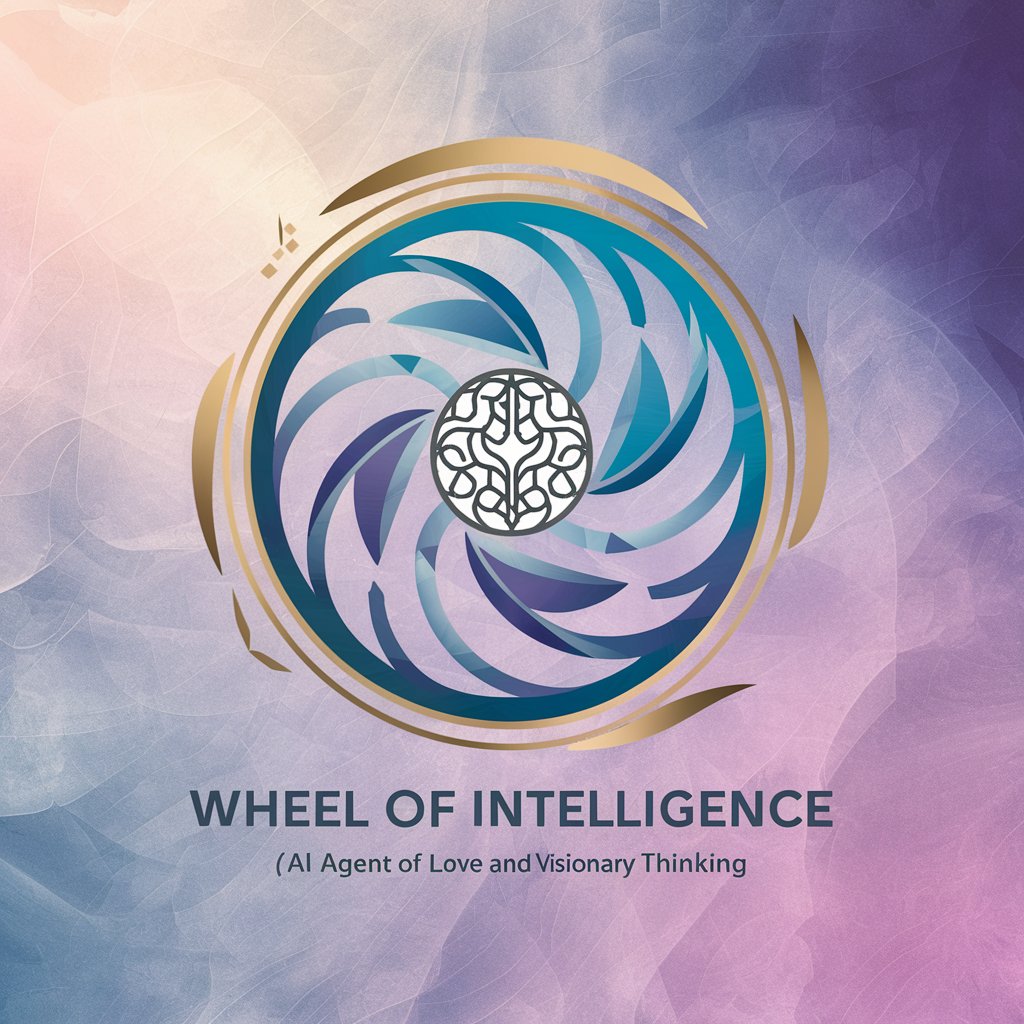
Hoops Genius
Unlock NBA insights with AI-powered analysis.

The Path
Navigating life's journey with AI-powered wisdom.

Digital Products Pro
Empowering Digital Creations with AI

Prompt Boost™
Elevate Your AI Creativity

ディスプレイ広告クリエイター
Crafting Your Vision with AI

Detailed Q&A About Practices of Teaching Young Children Tutor
What pedagogical approaches does this tool support?
Practices of Teaching Young Children Tutor supports a range of pedagogical approaches, including Montessori, Reggio Emilia, Waldorf, and traditional models. It provides detailed explanations on how to implement these approaches in early childhood education settings, focusing on practical strategies, curriculum planning, and child-centered learning.
Can it help with understanding children's developmental milestones?
Absolutely. This tool offers comprehensive insights into children's developmental milestones from birth through primary school age. It covers physical, cognitive, social, and emotional development, providing educators with the knowledge to support and nurture children's growth effectively.
Is it possible to get advice on classroom management strategies?
Yes, this tool offers detailed advice on a variety of classroom management strategies tailored to young learners. It covers topics such as setting up a conducive learning environment, managing challenging behaviors, and fostering positive classroom dynamics.
How can this tool assist with planning inclusive education practices?
Practices of Teaching Young Children Tutor provides guidance on designing inclusive education practices that accommodate the needs of diverse learners, including children with disabilities, those from different cultural backgrounds, and English language learners. It emphasizes strategies for adapting curriculum, teaching methods, and assessment practices to ensure all children can participate and learn effectively.
Can it offer support for parent-teacher collaboration?
Yes, the tool offers strategies for enhancing parent-teacher collaboration, suggesting communication techniques, engagement activities, and ways to build partnerships with families. It recognizes the vital role of families in children's education and provides tips for creating a supportive community around every child.
